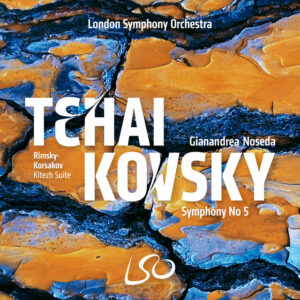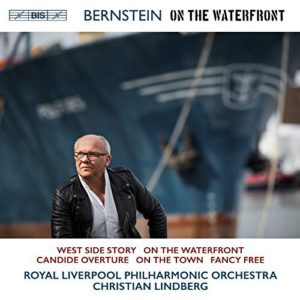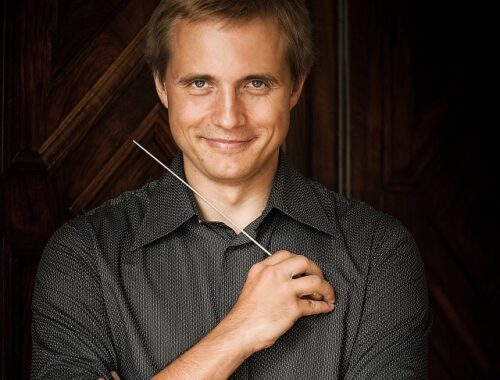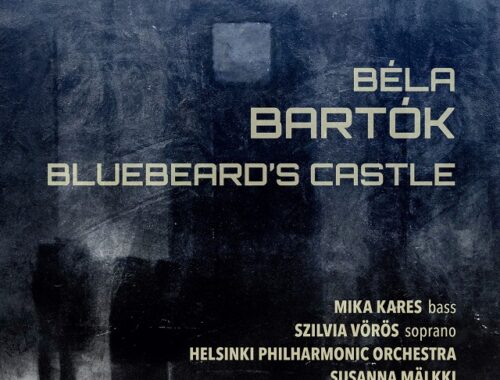GRAMOPHONE Review: Tchaikovsky Symphony No. 5, Rimsky-Korsakov Legend of the Invisible City of Kitezh – LSO/Noseda
 Noseda’s account of Tchaikovsky’s Fifth doesn’t put a foot wrong but leaves one wanting so much more. I could leave the review at that and in a way have said as much as needs saying. But let me address the intangibles. So often with Tchaikovsky the real challenge lies in respecting the composer’s innate classicism whilst weighing it against his romantic nature. How far do we take the music? To what degree do we push against classical conformity and rejoice in the sheer Russianism? I think immediately of Mravinsky (whose later stereo recording I adore unreasonably) wilfully breaking free of all formality and pushing every extremity. Some might regard him as indulgent, even vulgar, but my goodness it’s exciting.
Noseda’s account of Tchaikovsky’s Fifth doesn’t put a foot wrong but leaves one wanting so much more. I could leave the review at that and in a way have said as much as needs saying. But let me address the intangibles. So often with Tchaikovsky the real challenge lies in respecting the composer’s innate classicism whilst weighing it against his romantic nature. How far do we take the music? To what degree do we push against classical conformity and rejoice in the sheer Russianism? I think immediately of Mravinsky (whose later stereo recording I adore unreasonably) wilfully breaking free of all formality and pushing every extremity. Some might regard him as indulgent, even vulgar, but my goodness it’s exciting.
From all this you will have gathered that Noseda and the London Symphony Orchestra play it pretty straight. A propulsive down-the-line imperative drives the performance and Noseda shows little inclination to yield gratefully to the lyric contrasts. A little more ‘give’, a little more relish, would I think have gone a long way. There is, of course, good reason for the urgency. The ominous swell in the bass line at the very close of the first movement – Fate lurking in the shadows – is not lost on Noseda.
But after an undeniably beautiful solo horn at the opening of the slow movement the ensuing big tune and all that it says about Tchaikovsky, the tortured romantic, needs (like everything else in this performance) to come up a notch or three. More heat, surely, even a touch of Mravinsky melodrama as the emotional temperature exponentially rises. The reckless allegro of the finale should (at least in spirit) be just that. This is high drama and I just don’t feel it here. And anyway given the embarrassment of choice for recordings of this particular piece why would anyone plump for middle-of-the-road?
The Rimsky-Korsakov suite The Legend of the Invisible City of Kitezh makes for a less predictable coupling and serves as a reminder of Russian romanticism living and breathing its great heritage. The impressionism is pointedly very Wagnerian with ‘forest murmurs’ all around us and tunes as second nature to Rimsky as they were for Tchaikovsky. The ‘Hymn to Nature’ of the Prelude is one of his most effulgent ear-worms and is, I suspect, the main reason for this suite’s durability.




